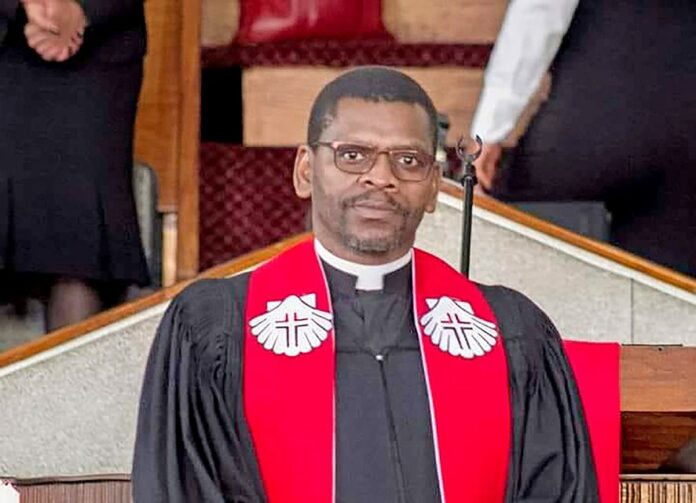The popular Methodist Church in Johannesburg is on a brink of financial collapse and blames its misfortunes on Covid-19 and xenophobia.
The church owes the City of Joburg more than R10-million in rates and taxes.
Today Sunday World can reveal that the church’s finances are in disarray, as the balance sheet shows how bad things have become on one of the biggest churches in southern Africa.
The church argues that it should be exempted from paying the millions of rands owed to the City of Joburg because it is a place of worship.
In the documents we have seen, the church, under the leadership of demoted Reverend Ndumiso Ncombo, the financials paint a grim picture of how the religious organisation is managed
Documents show that the rates and taxes of the five properties owned by the church in the Johannesburg CBD have skyrocketed to more than R10-million in May 2022 due to non-payment of services.
On May 24 2022, church lawyer Libongo Ndabula of Poswa Incorporated, wrote to the City of Joburg for the attention of group head for the property branch, Sihle More, and conceded the church’s Johannesburg circuit owes the council more than R10-million.
“The church is indebted to the council for the total amount of R10 021 185.92,” wrote Nbabula in a letter that we have seen.
He further stated that he was instructed to liaise with the council to negotiate the church’s outstanding arrears and for categorising the properties as “religious properties” in terms of the City of Johannesburg’s property rates policy 2020/2021.
Ndabula said residences used by the pastors as their private homes should be exempted from paying tax and rates.
The multimillion-rand debt that has left the church top brass red-faced emanates from close to R5-million owed by the main church building at 79 Pritchard Street, R4.7-million owed by another church building on Rissik Street in Braamfontein, and R330 000 by another church building in Marshalltown.
The two private homes in Greenside have raked up more than R170 000 in unpaid rates.
Ndabula said the debt of the church escalated because the the church accommodated the victims of xenophobic attacks who were fled their homes.
He also added that the Covid-19 pandemic also created financial misfortunes.
“The church’s main source of income is in the form of tithes, offerings and any other monetary support provided by its congregation, and as such the church was not in a financial position to settle the bills charged by the city,” said Ndabula.
Follow @SundayWorldZA on Twitter and @sundayworldza on Instagram, or like our Facebook Page, Sunday World, by clicking here for the latest breaking news in South Africa. To Subscribe to Sunday World, click here





